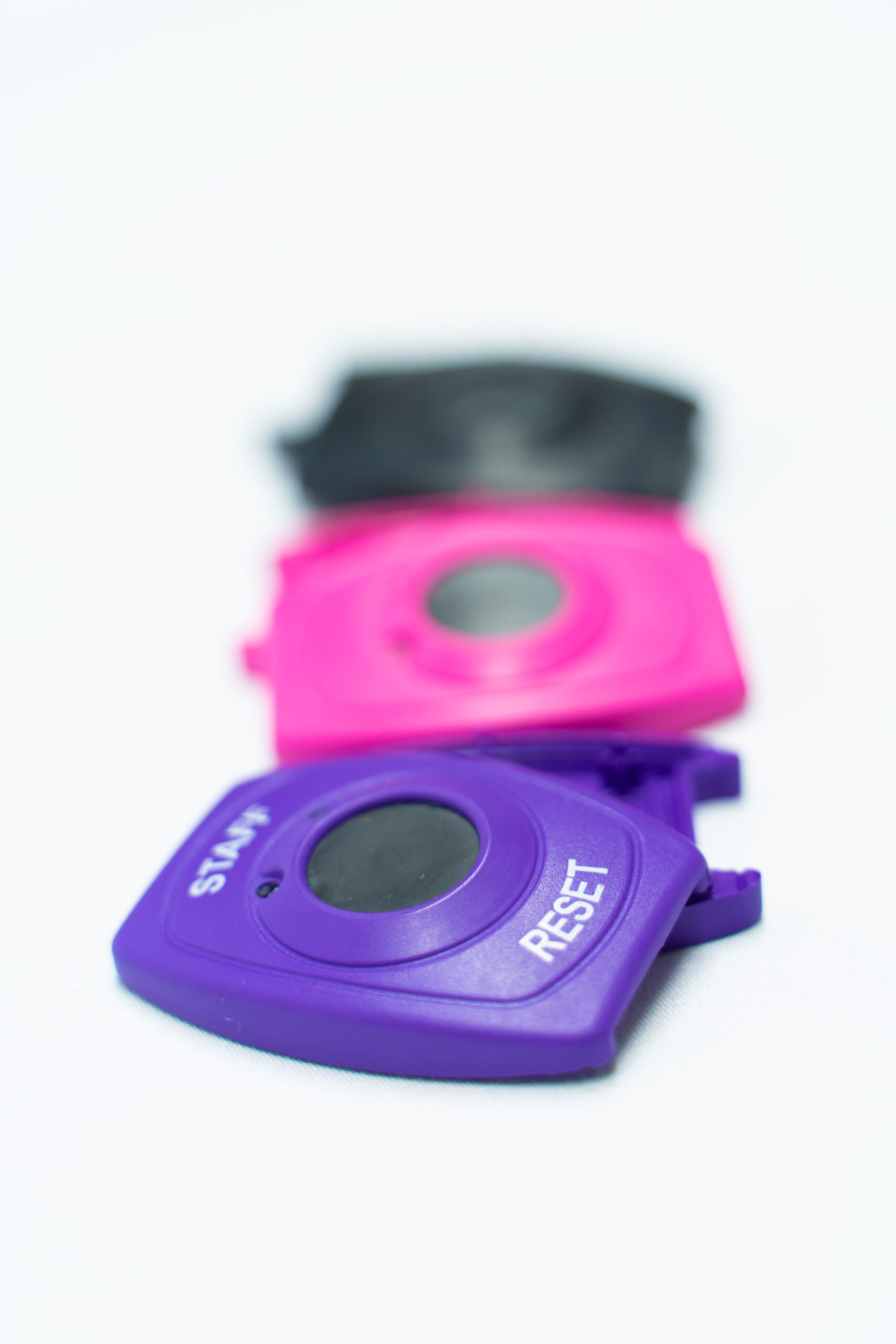When it comes to manufacturing plastic parts, questions often come up — about the process, materials, costs, and which partner to trust with production. To make things easier, we’ve put together this FAQ guide. The first section covers general questions about injection molding and plastic manufacturing, while the second dives into Nylacarb-specific FAQs so you can see how we approach the process and why so many companies choose us.
General Questions About Injection Molding
Q1: What is plastic injection molding?
A: Injection molding is a manufacturing process where molten plastic is injected into a custom-designed mold, cooled, and ejected as a solid part. It’s one of the most widely used methods in manufacturing because it produces consistent, precise, and cost-effective parts at scale. From aerospace to consumer products, most plastic components you see daily were created using injection molding.
Q2: What are the advantages of injection molding compared to other methods?
A: Injection molding offers several advantages: high efficiency for large production runs, exceptional accuracy and repeatability, and the ability to use a wide range of materials. While tooling costs can be significant upfront, the long-term per-part cost is often much lower compared to machining or 3D printing. For companies looking to scale, injection molding is almost always the most economical solution.


Q3: What materials are typically used?
A: A wide range of thermoplastics can be used in injection molding, including ABS, polycarbonate, nylon, polypropylene, and more. Each resin has its own strengths, such as impact resistance, heat tolerance, or chemical stability. The choice of material depends on the product’s function and environment. Many manufacturers, like Nylacarb, can guide you in selecting the right resin for your application.
Q4: How long does it take to make a mold?
A: Mold lead times vary depending on the complexity of the design and tooling requirements. On average, customers can expect 8–12 weeks for tooling to be completed. Once the mold is built, production runs are much faster, making it an investment that pays off in long-term efficiency.
Q5: How long does a mold last?
A: With proper design, material selection, and maintenance, molds can last hundreds of thousands to millions of cycles. The life of a mold depends on factors like mold material, resin type, and the precision of upkeep. For many companies, a well-maintained mold can last the entire product lifecycle.
Nylacarb-Specific Questions
Q1: What industries does Nylacarb serve?
A: Nylacarb proudly serves a wide variety of industries, including aerospace, electronics, defense, medical, consumer products, and automotive. Because our expertise spans multiple sectors, we’re able to bring cross-industry innovation to every project. Whether you’re designing a small electronic component or a complex aerospace part, our team has the experience to deliver precision and reliability.
Q2: What makes Nylacarb different from other injection molding companies?
A: Since 1987, Nylacarb has been family-owned and operated by three brothers — Scott, Doug, and Frank. Unlike many competitors, we combine the production capabilities of a large corporation with the personalized service of a small, family-owned company. Clients often tell us they value not only our technical expertise but also the long-term relationships and customer care that come with working directly with us.
Q3: Do you support startups and inventors, or only large companies?
A: We do both. Nylacarb is structured to support the needs of inventors, entrepreneurs, and startups while also working with established OEMs that require high-volume, precision production. Because of our flexibility, we’ve become a trusted partner to businesses at all stages of growth.
Q4: What is your process for helping customers design and develop a part?
A: Beyond manufacturing, we offer full design assistance and on-site engineering support. Our team works closely with custom toolmakers to ensure that molds are built for performance and longevity. We also provide prototyping, secondary operations, assembly, and ultrasonic welding. This full-service approach means we can take a customer’s idea from concept to production under one roof, simplifying communication and saving time.
Q5: How do you ensure quality and consistency?
A: Nylacarb is ISO 9001:2015 certified, which means we adhere to rigorous quality control standards at every stage of the manufacturing process. Our company culture is one of excellence and accountability, while also maintaining the kind of family-like kindness that keeps both employees and customers working with us for decades. The result: consistent parts, reliable timelines, and partnerships built on trust.
Injection molding can be a complex process, but choosing the right partner makes all the difference. At Nylacarb, we’ve spent nearly four decades refining our process, investing in the best tools and talent, and building strong relationships across industries. Whether you’re a first-time inventor or a large OEM, we have the experience, equipment, and dedication to make your project a success.
Have more questions?
👉 Contact us today to discuss your next project.
